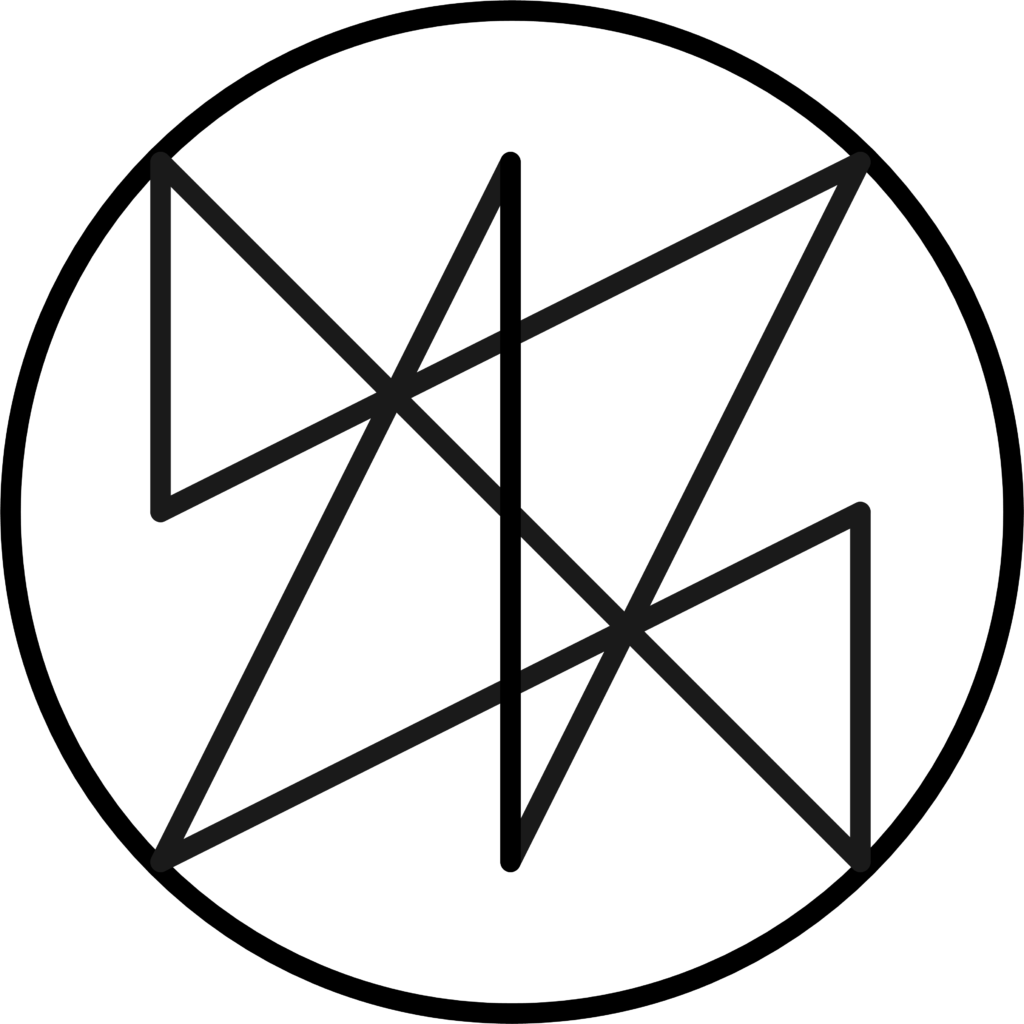Medical Epistemology: A Bias of Culture?
Does epistemology sound scary – intriguing – or like jargon? Whatever your point of view is, here is an explanation: epistemology at its root, means to take a stand in relationship to a subject (epi-steme). In order to do that, one must develop knowledge about that subject. Put differently, epistemology is how we build knowledge. […]
Scope and Standards for Acupuncture: Dry Needling?
Legislative scope and standards of practice are major elements that define a profession. Clarifying these two areas for the field of acupuncture and Oriental medicine is important because of emerging legislative arguments that are mixing the logics of scope and standards – to the possible detriment of society. Let me explain. In professional licensing laws, […]
Thoughts on Ernst’s Review of Reviews
Curious, I read the Pain® journal article by Edzard Ernst and colleagues entitled “Acupuncture: Does it alleviate pain and are there serious risks? A review of reviews“1. In the piece, it states in many of the acupuncture case reports “causality was uncertain…not least because of a lack of sufficient detail. Yet, most of the authors […]
Is Chinese Medicine Integrative Medicine?
Throughout the history of its development, Chinese medical practitioners have integrated practices from other cultures. In America, the integration of Chinese medicine into American culture was present on the East Coast, physician and chemist Franklin Bache, a great-grandson of Benjamin Franklin, translated and published Morand’s Memoir on Acupuncture (1825).1 By 1900, the father of American […]
Flexner to Eisenberg: The Turning of a Nation
Abraham Flexner was a reformer of education, particularly in the area of medicine. He devoted much of his life to education, attempting to gain a better understanding of its place in society.1 It could be said that he changed the face of medical education in America with his 1910 report Medical Education in the United […]
Dr., Doctour, Docere – What’s in a Title?
I would like to explore the title of doctor, its historical use and impact upon programs and policy. It is time that people entering the AOM field, putting in four years of effort and often times the better part of $100,000 earn the title of doctor. So, let’s take a closer look at what exactly […]
Professionalism, Education and Turf Wars
Most professions have discourse about the “professional.” Merriam Webster’s dictionary defines professions as “a: a calling requiring specialized knowledge and often long and intensive academic preparation b: a principal calling, vocation, or employment c: the whole body of persons engaged in a calling.” Professions define themselves in part by excluding others. I would like to […]
Professionalism, Power and Presence
Professionalism is often taught and assessed through the idea of leadership in medical education. There are good reasons as the influence of a discipline can be realized through professionalism and leadership.1 Further, the sense of power and influence that an individual within a profession enjoys can affect their presence and capacity as a human being. […]
Post-paradox: Room for View
Do we mix our ways of thought in collaboration? Closely guarded views can lead to isolation. This piece explores the notion of post-paradox as an inclusive worldview across disciplines. Essential to critical thinking, worldview influences all levels of research, education and practice in general but also acupuncture and Chinese medicine. Not a recommendation of method, […]
Acupuncture and Closure: Turf Wars
Not a fan of turf battles, I support the notion of “portable competencies”, which are skills that may be applied by different professions. That ported competency, however, must be equitable, safe and effective. As an example of equity, acupuncturists could perform chiropractic adjustment given a chiropractor who does acupuncture. The catch is quality. It is […]
